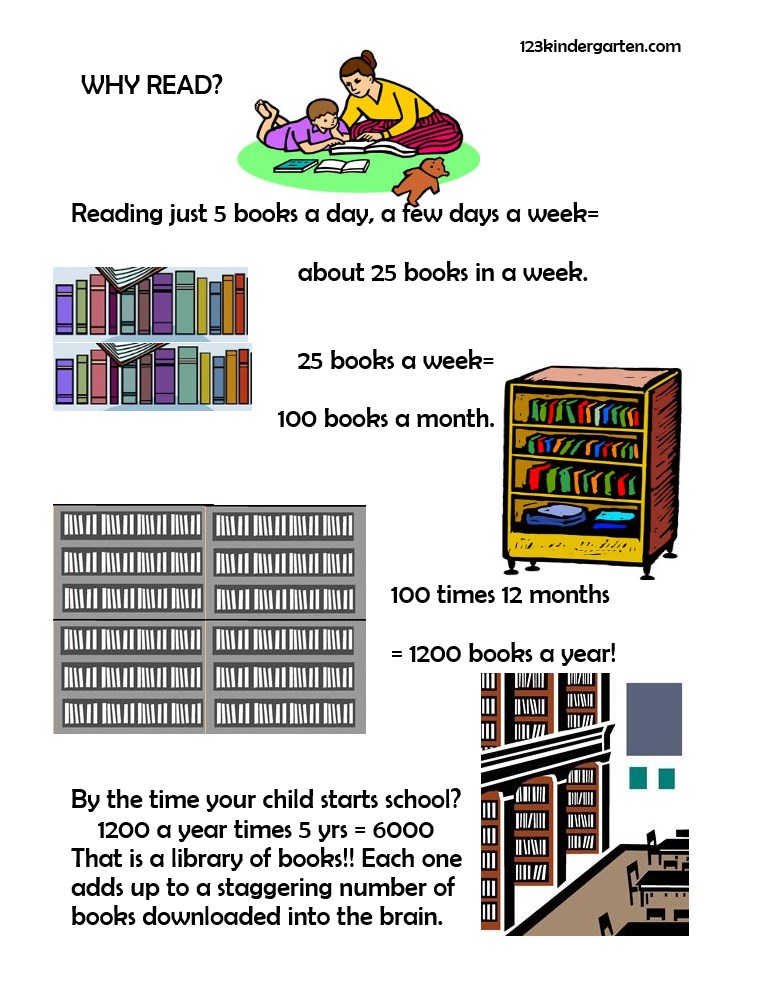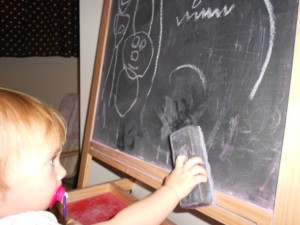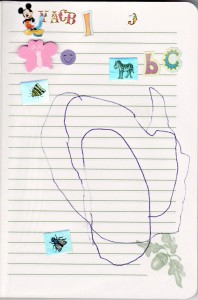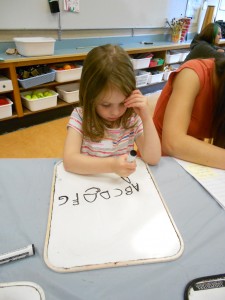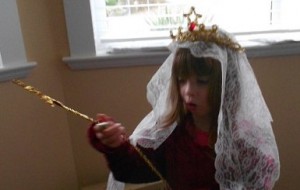Have you been following the campaign to bring back the much loved TV show Reading Rainbow? “Butterfly in the sky, I can go twice as high.” These were the starting lyrics and the underlying message for each episode was that with books, kids could “go anywhere and be anything.”
But there was a message of the opposite tone in the campaign promotion. This was the shocking statistic that today, “1 in 4 kids will grow up illiterate” and “children who can ‘t read at grade level by grade 4, are 400% more likely to drop out of school.” That’s the bad news.
And the good news? The solution is pretty straightforward and best of all, it’s very doable by parents and caregivers and it takes only minutes a day. In 1 powerful, magical word: READ. Read and share books and stories with your baby, your toddler, your preschooler, and your school student. Even if it’s the same story over and over, that counts. Tuck a book or two into your bag to take advantage of minutes in line-ups. Besides books, tell your child stories that you make up. That can be done anywhere. Access books and stories on-line and share those together. Record yourself or other family and friends reading or telling a story and let your child play those. You only need a few minutes a day.
To show you how this is so effective, here’s a graphic. Kids books can be expensive so check out libraries, garage sales, and thrift stores too. All those books and authors are already a sort of crowd-source. And just like the dollars add up, so do the number of books. Can you grow a library for your child?